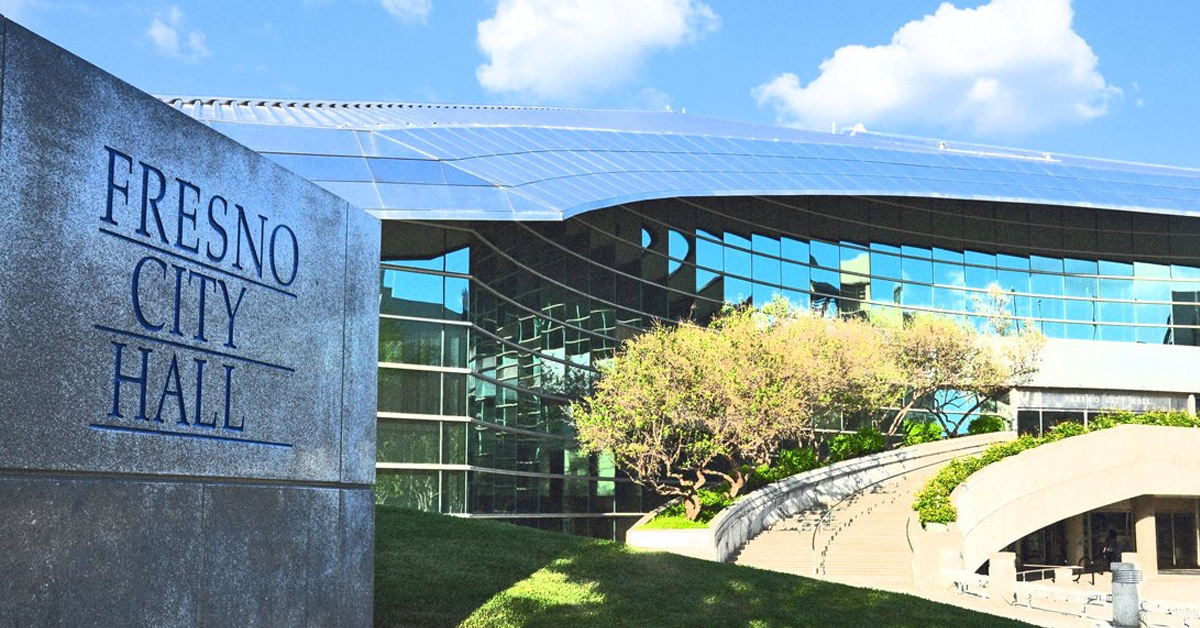ONE LAST COUNCIL RHUBARB
Let’s pivot to the City Council’s Jan. 28 meeting.
The issue was whether to award a contract for $32.65 million to Sacramento-based Teichert & Son to build Fresno’s BRT stations and assorted improvements.
None of the money is to come from the city’s general fund.
Only two firms submitted bids. The Teichert bid was lower by far. Yet the Teichert bid was $4.4 million more than the city’s BRT budget and more than $9 million higher than an engineer’s estimated project cost.
After 75 minutes of talk, the council voted 5-2 to give the job to Teichert. Lee Brand and Brandau voted no.
BRT is coming to Fresno. The grand opening should come in 2017. But the firm opposition of two council members, and Brandau’s frustration in particular, figures to cast a pall over the project for some time to come.
The BRT debate in Fresno has a long and controversial history. Let’s not go there.
Simply put, BRT uses a few tricks of the trade to improve bus service. There are fewer stops. You pay your fare before boarding, thus eliminating the tedium of fare boxes. Buses at peak hours come every 10 or 15 minutes rather than the more typical 30- or 60-minute intervals. Something called “traffic signal priority” enables BRT buses to spend less time at stoplights.
The first BRT route is nearly 16 miles long. It’s shaped like a big “L” in the middle of Fresno. The route goes from River Park shopping center on the north end of Blackstone Avenue to Courthouse Park in Downtown, then heads east along the Ventura/Kings Canyon corridor.
There’s more to the system as currently planned. There are lots of plans to expand BRT as demand warrants and money becomes available. But you get the basic idea. Getting from Point A to Point B is easier and faster for BRT customers. They – and the city – win.
But it all costs dough. And there are no guarantees in life. So, BRT is a political gamble.
Brian Marshall, the city’s transportation director, pitched two items at the Jan. 28 council meeting. The first was the Teichert contract. The second was authorization to apply for a Measure C grant to fund a portion of the project.
City Manager Bruce Rudd cut to the chase: “We have identified a way to get the project within budget.”
These shortcuts include prefabricated bus shelters and used ticket-vending machines from the Las Vegas BRT system.
There was never any doubt that the council would approve both of Marshall’s requests. The tough votes had occurred in years past. BRT and Mayor Ashley Swearengin stumbled often, but persevered.
The only question was whether BRT opponents, just for the heck of it, would scorch the earth one last time.









Take some time to read the UN Agenda 21 recommendations with regard to ‘sustainability’ and ‘smart growth’ and then think about what you are seeing unfold here in Fresno. Agenda 21 mandates are being funneled on down to every city in the United States by our politicians in Sacramento and Washington D.C. Become informed about the strings attached to funding of HUD/ transportation projects and then report back in your blog. People are suspect of politicians who are intent on spending these large sums of money because of the kind of ‘ misappropriation’ that, as an example, has occurred in the Cal Trans agency. The ‘smart growth’ goal is to stack people up in high density living arrangements; get them out of their cars and onto a bus in order to save the environment. Some say this is yet another way to discourage ownership of private property by making it cost prohibitive to own a home or even a car. Maybe Councilman Brandau is actually representing some of the taxpayers and citizens which would be a rarity these days.
Being a longtime Fresno resident and having been involved in the new technology transit industry for 20 years, it is particularly infuriating to read about Fresno’s fight over its proposed BRT, which incidentally is changing its name to “the express bus” due to its slow speed and non-rapid classification. The story merely represents more rhetoric regarding an outdated issue with a frozen claim that the issue is new.
For 10 years Fresno has had a $36million fund to address a rational approach to modern transportation issues that appropriately concern urban growth. What has Fresno done with the $36million fund? Nothing. The PTB (powers that be – politicians and staff) are absolutely unwilling to even talk about a modern solution to transportation issues. That is: to refuse and entertain a conversation. Why? Perhaps it is nothing more than the psychology of being afraid to approach something different or new. This dereliction of response to responsibly is devastating and harmful to the community. No one wins with Fresno’s intensely hostile attitude of selective ignorance. There are many examples of this purposely hostile attitude against viable transportation solutions.
Talk about infuriating, one of the current mayoral candidates declared at a 2007 New Technology Transit Reserve Fund meeting when he personally said to me: “I don’t know anything about New Technology Transit and I don’t want to know anything about New Technology Transit.” This type of attitude is reprehensible.
Last week, COG released its RFP for a portion of the Measure C New Technology Transit Reserve Fund Grant. The New Tech Fund is geared towards PRT (personal rapid transit) system technology. As yet, no local municipalities are participating to advance any PRT system technology. Fresno was approached for a project but, claimed no interest to consider modern transportation solutions.
Thanks George. As always, an interesting read. “Smart growth” and “Sustainability” as an Agenda 21 movement is in the minds of conspiracy advocates. Sustainability simply deals with being able to sustain development in the future. Sprawl is not sustainable. If you want evidence of this, look no further than LA.